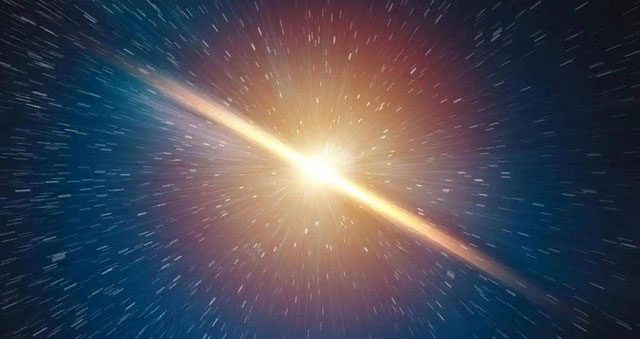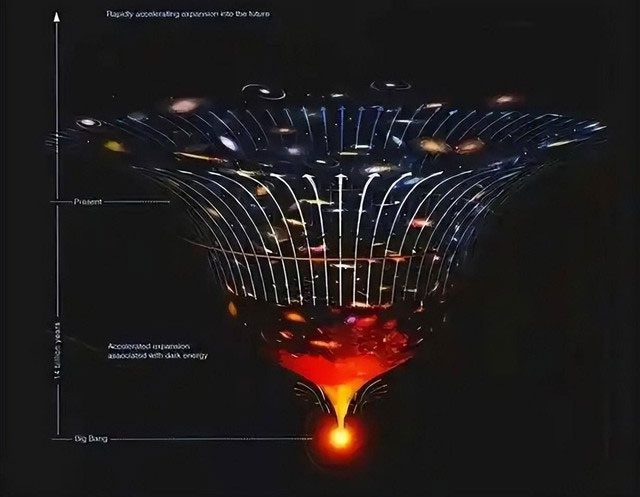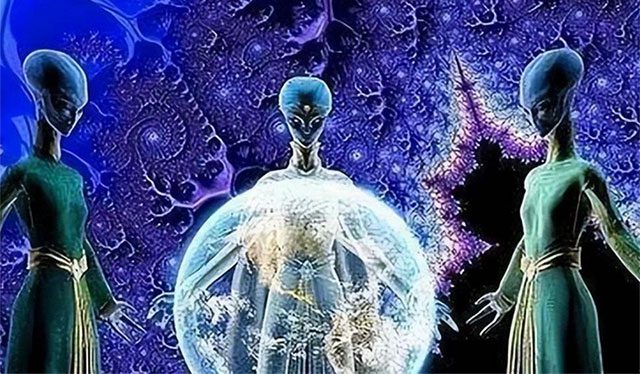While cultures and religions have long interpreted the universe through the lens of supernatural creators, modern science is offering alternative perspectives. A prominent figure in this new approach is Stephen Hawking, who famously stated that the birth of the universe does not require a creator.
Quantum Mechanics and the Spontaneous Formation of the Universe
In his renowned book The Grand Design, Stephen Hawking, along with co-author Leonard Mlodinow, asserted that natural laws are the cause of the universe’s birth, not a supernatural entity. He emphasized that everything—from the vastness of the universe, the Milky Way, the Solar System to Earth—can spontaneously emerge from nothingness.
The theoretical basis for this claim lies in quantum mechanics. In a quantum vacuum, particles can appear and disappear in an extremely short time. Experiments have demonstrated that certain quantum fluctuations can continue to expand, leading to the formation of larger structures, including the universe itself. According to Hawking, this suggests that the universe can come into existence without any supernatural intervention.
Quantum mechanics has opened new perspectives on the formation of the universe. One of the prominent theories suggests that the universe can self-generate from nothing without the need for a supernatural creator. In The Grand Design, Stephen Hawking asserted that natural laws could lead to the universe’s emergence from nothingness.
Unanswered Questions
However, not all scientists agree with Hawking. Some physicists question the completeness of this hypothesis. If the universe can self-generate through physical laws, where did those laws originate? Did they exist before the Big Bang, or are they also the products of another event?
This question leads to the concept of “nothingness” that Hawking refers to—“nothingness” in Hawking’s view is not entirely empty but governed by quantum laws. This contradicts the beliefs of theologians who argue that a creator is needed to transform “nothingness” into physical existence.
Challenges from the Singularity
Another issue that puzzles scientists is the question of the singularity. According to the prevailing theory, the universe began from a singularity—where all known physical laws fail. This is the basis for some to argue that a supernatural entity is needed to “kickstart” the universe.

According to the prevailing theory, the universe began from a singularity
However, Stephen Hawking proposed an alternative approach: the “no boundary” theory. He argued that the universe does not start from a singularity but resembles a complete dome, where space and time are warped. This theory posits that space-time has no beginning or end, making it meaningless to trace back to the moment of the universe’s inception.
In a quantum vacuum, particles can appear and disappear in a very short time. Experiments have proven that some quantum fluctuations can continue to expand, leading to the formation of larger structures, including the universe.
The Clash between Science and Theology
Hawking’s statements have sparked heated debates between scientists and theologians. One of the strongest counterarguments comes from the BGV theorem, proposed by three leading physicists. According to this theorem, any expanding universe must have a starting point. This implies that even if the universe formed in a multiverse environment, there must be a supernatural force driving this process.

Theologians argue that, although Hawking’s “no boundary” theory denies the existence of a singularity, it still cannot entirely dismiss the idea of a beginning. They contend that the existence of quantum physical laws—which serve as the foundation for Hawking’s theory—also requires explanation.
A Third Possibility?
While the debate between science and theology continues, some physicists have proposed a bold hypothesis: the universe may be the product of an extraterrestrial civilization. From this perspective, intelligent entities beyond human comprehension may have “programmed” our universe.
However, this hypothesis leads to another challenging question: where did those entities come from? Are they products of another universe, or of a different creator? This loop of questioning renders the hypothesis vague and untestable.

Could the universe be the product of an extraterrestrial civilization?
The debate about the origins of the universe exemplifies the limits of human understanding. While science continues to explore new aspects, theology emphasizes the role of faith and metaphysical values.
As Stephen Hawking once said: “Answers will only come when we find clear evidence.” But until then, the story of the universe will remain a complex puzzle, challenging human imagination and reasoning capabilities.


















































